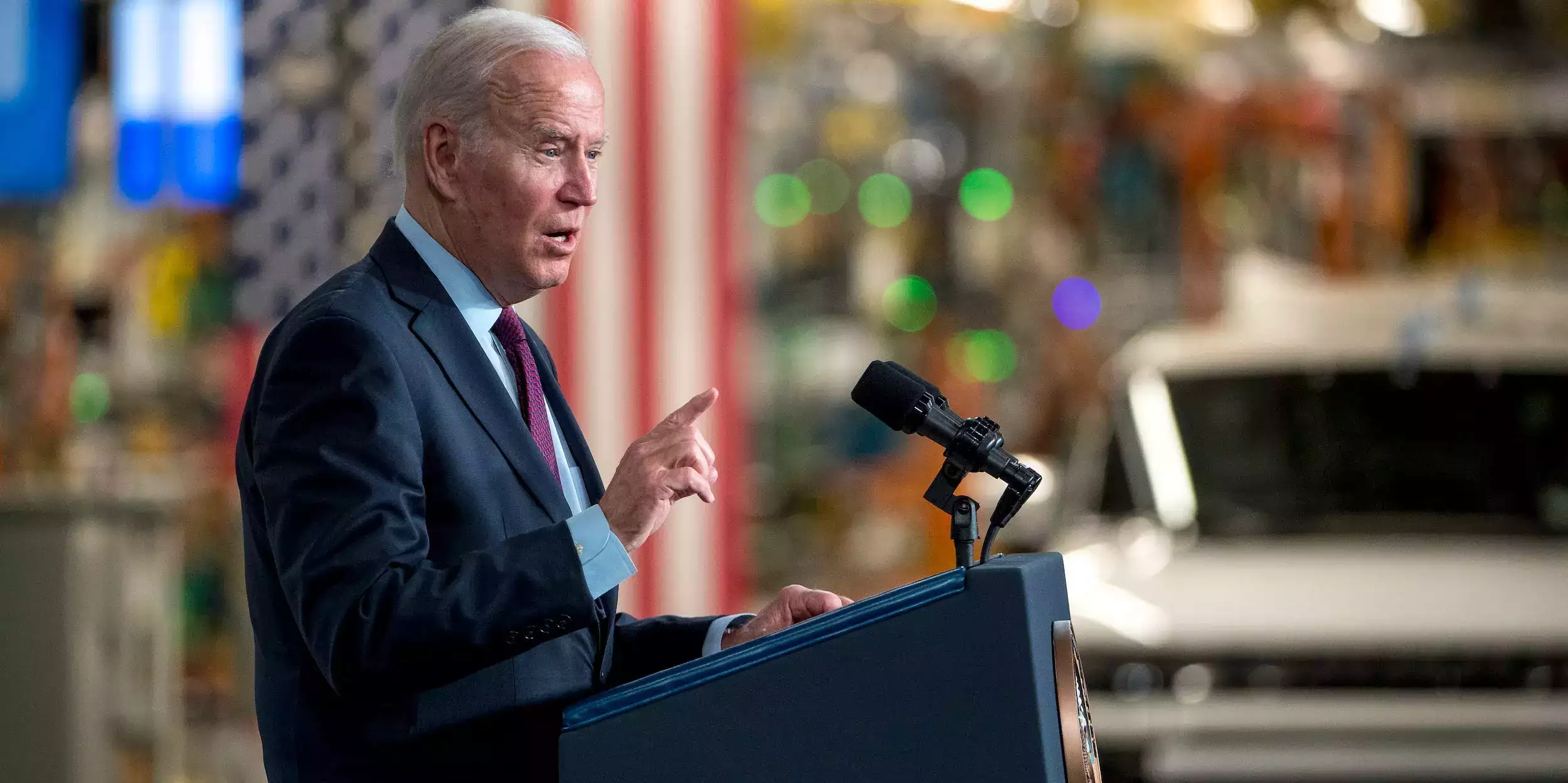Hyundai to Invest $1.51 Billion to Build EV Factory in Ulsan
Hyundai is set to invest 2 trillion won ($1.51 billion) in the construction of a massive 548,000-square-meter EV factory in Ulsan, South Korea, located about 300 kilometers southeast of Seoul. This will be Hyundai’s first domestic manufacturing plant in 29 years, following the construction of its Asan plant in 1996.
The ceremony, which took place at the EV plant site — a former test drive site within Hyundai’s larger Ulsan plant — was attended by Hyundai Motor Group Executive Chair Euisun Chung and Ulsan Mayor Ki Du-kyum, according to Yonhap news agency.
Utilizing an innovative manufacturing platform developed by the Hyundai Motor Group Innovation Center in Singapore, the envisioned facility will prioritize workers’ safety, convenience, and efficient operations. It will incorporate an artificial intelligence-based intelligent control system and environmentally friendly, low-carbon production methods.
“The dedicated EV plant marks another step towards the era of electrification for the next 50 years,” stated Chung at the ceremony. He also expressed Hyundai’s commitment to collaborate with the local government to turn Ulsan into a “pioneering innovative mobility city,” leading the era of electrification.
Hyundai has previously set a medium- to long-term goal of producing and selling 940,000 EV units by 2026 and 2 million units by 2030.
Following the event, Chung indicated that Hyundai plans to continue investing in the EV business despite recent cost-cutting efforts by global competitors such as GM and Ford. He emphasized the increasing demand for EVs and reaffirmed Hyundai’s commitment to the sector.
The ceremony also featured a video showcasing the history of Hyundai’s Ulsan plant, including a recreation of the late founder Chung Ju-yung’s image and voice using artificial intelligence technology. In the video, he praised the abilities of South Korean engineers and expressed confidence in the global dominance of Korean cars in the future.

I have over 10 years of experience in the cryptocurrency industry and I have been on the list of the top authors on LinkedIn for the past 5 years. I have a wealth of knowledge to share with my readers, and my goal is to help them navigate the ever-changing world of cryptocurrencies.











